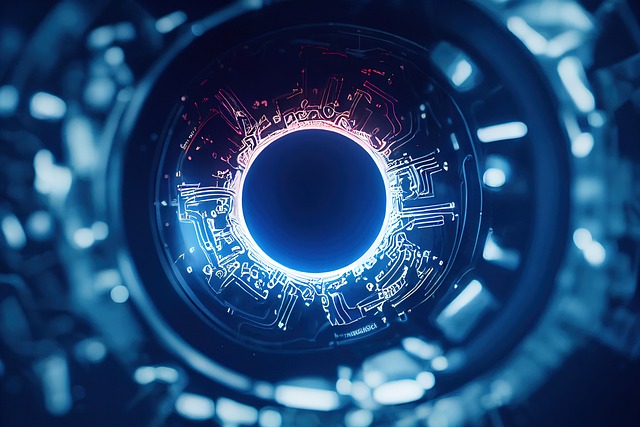By ATS Staff - October 9th, 2024
Artificial Intelligence
Artificial Intelligence (AI) is no longer a futuristic concept; it is a transformative force reshaping industries, economies, and everyday life. From personal assistants that schedule our days to complex systems driving scientific breakthroughs, transformative AI is unlocking possibilities once thought unattainable.
What Is Transformative AI?
Transformative AI refers to AI systems that create significant, widespread change across society by automating tasks, enhancing human decision-making, and opening doors to new opportunities. Unlike narrow AI, which focuses on specific tasks, transformative AI has broader implications, impacting diverse sectors and touching virtually every aspect of human activity.
How AI is Transforming Key Sectors
1. Healthcare:
AI is revolutionizing diagnostics, treatment planning, and drug development. For instance, machine learning algorithms can analyze medical images to detect diseases like cancer with remarkable accuracy, often earlier than traditional methods. Personalized medicine, powered by AI, tailors treatments to individual genetic profiles, enhancing patient outcomes.
2. Education:
Adaptive learning platforms use AI to provide personalized education, addressing the unique needs of each student. Virtual tutors, AI-powered content creators, and immersive tools like VR enhance learning experiences, making education more accessible and engaging worldwide.
3. Business and Industry:
AI streamlines operations, optimizes supply chains, and enhances customer experiences. Tools like natural language processing (NLP) enable businesses to analyze consumer sentiment, while automation reduces costs and increases efficiency in manufacturing and logistics.
4. Climate and Sustainability:
From predicting natural disasters to optimizing renewable energy grids, AI is a critical tool in combating climate change. Innovations in AI-driven agriculture, such as precision farming, help maximize yield while minimizing environmental impact.
5. Creative Arts:
Transformative AI is redefining creativity, generating music, visual art, and even literature. Tools like generative AI enable artists to explore new mediums and push creative boundaries, fostering innovation in the arts.
Challenges and Ethical Considerations
Despite its potential, transformative AI raises important questions about ethics and societal impact. Concerns about job displacement, algorithmic bias, and data privacy must be addressed to ensure AI benefits everyone. Transparent governance, inclusive development practices, and robust regulation are critical to achieving equitable outcomes.
The Road Ahead
The transformative power of AI is just beginning to unfold. As technology advances, its applications will expand, driving innovation in areas like quantum computing, space exploration, and more. Collaboration among technologists, policymakers, and the global community is essential to harness AI’s potential while mitigating risks.
Conclusion
Transformative AI is more than a technological advancement; it is a paradigm shift. By enhancing human capabilities and solving complex problems, AI is creating a brighter, more connected future. The challenge lies in shaping this transformation responsibly, ensuring it uplifts humanity as a whole.
The age of transformative AI is here—are we ready to embrace it?
Popular Categories
Agile 2 Android 2 Artificial Intelligence 50 Blockchain 2 Cloud Storage 3 Code Editors 2 Computer Languages 12 Cybersecurity 8 Data Science 15 Database 7 Digital Marketing 3 Ecommerce 3 Email Server 2 Finance 2 Google 6 HTML-CSS 2 Industries 6 Infrastructure 3 iOS 3 Javascript 5 Latest Technologies 42 Linux 5 LLMs 11 Machine Learning 32 Mobile 3 MySQL 3 Operating Systems 3 PHP 2 Project Management 3 Python Programming 26 SEO - AEO 5 Software Development 46 Software Testing 3 Web Server 7 Work Ethics 2